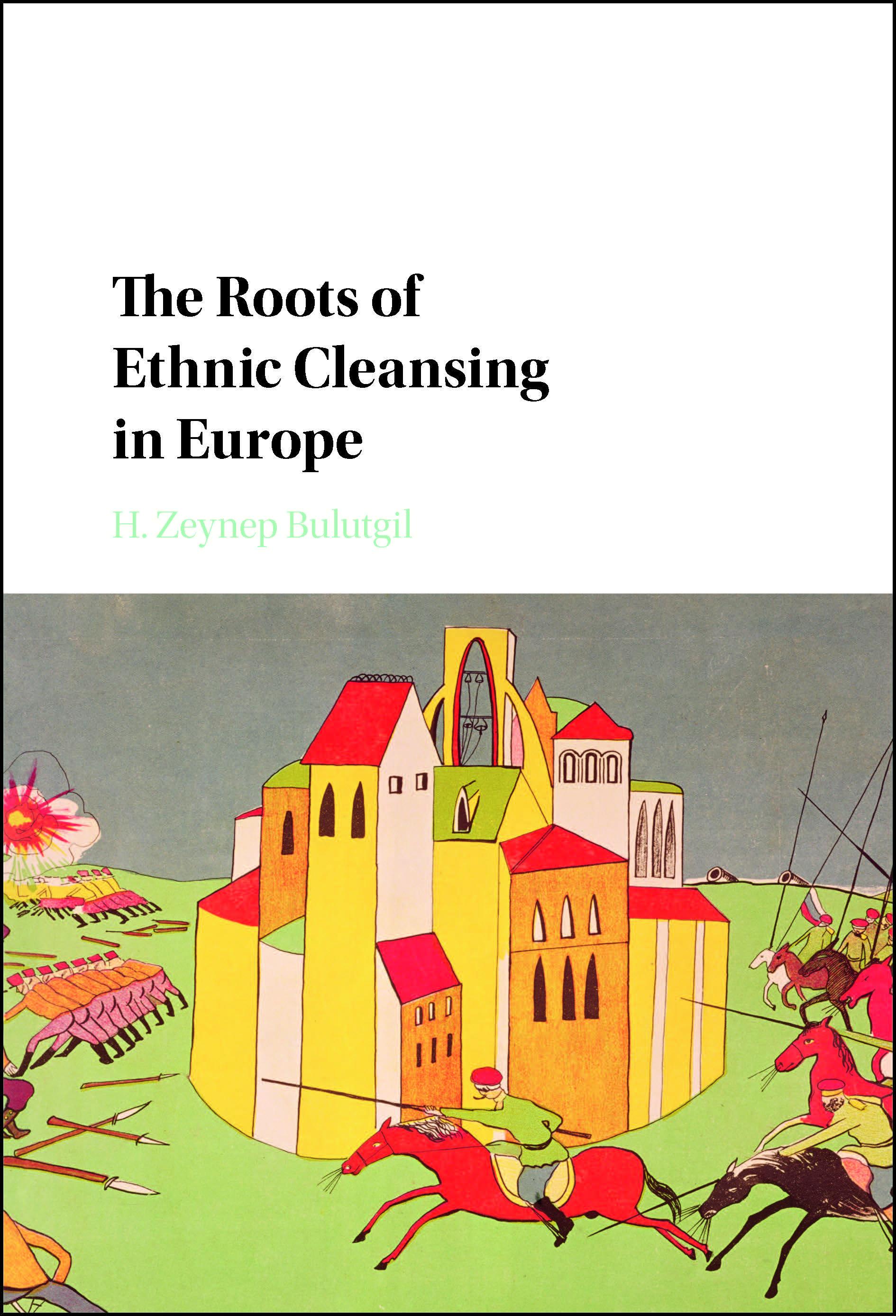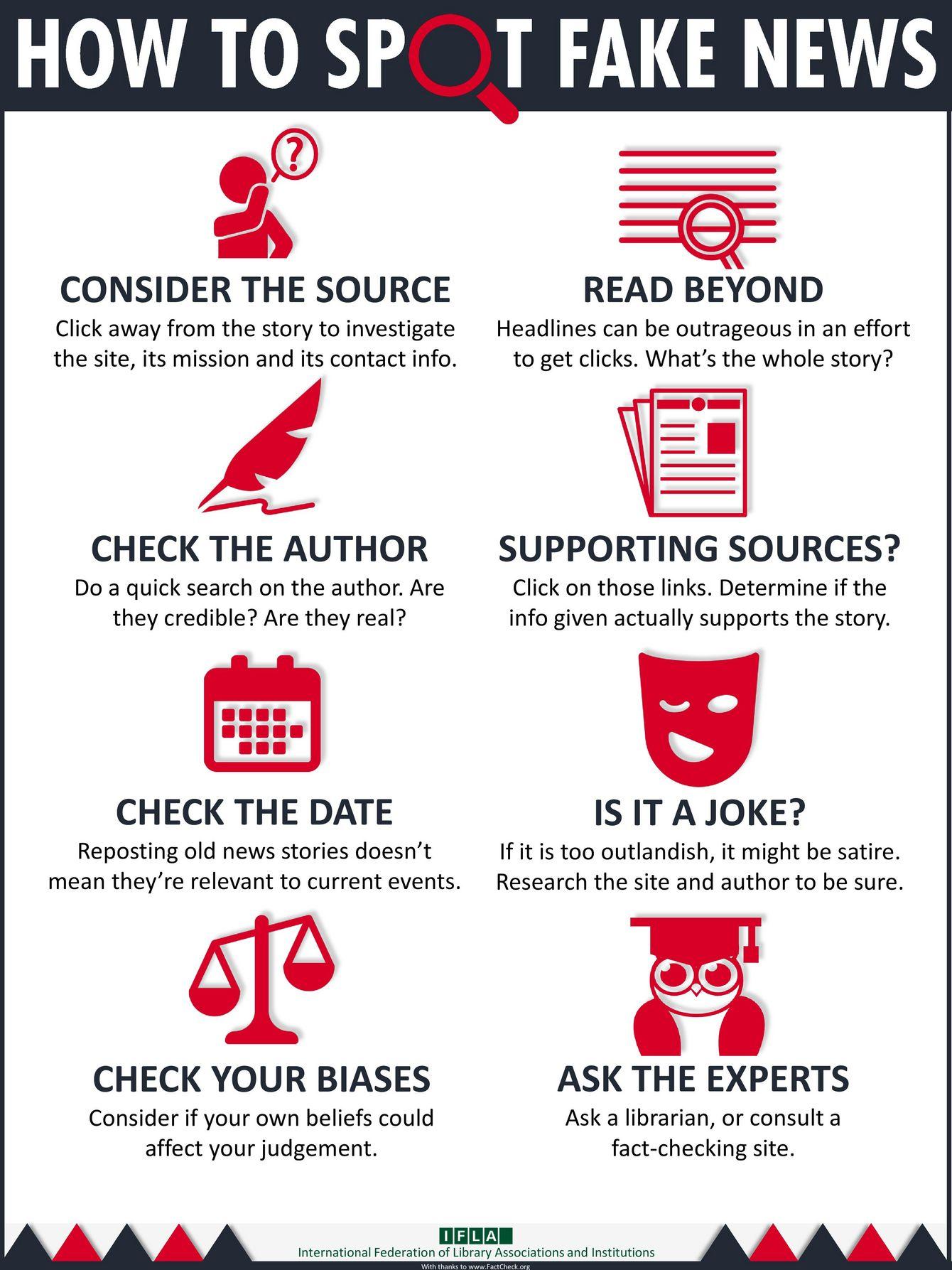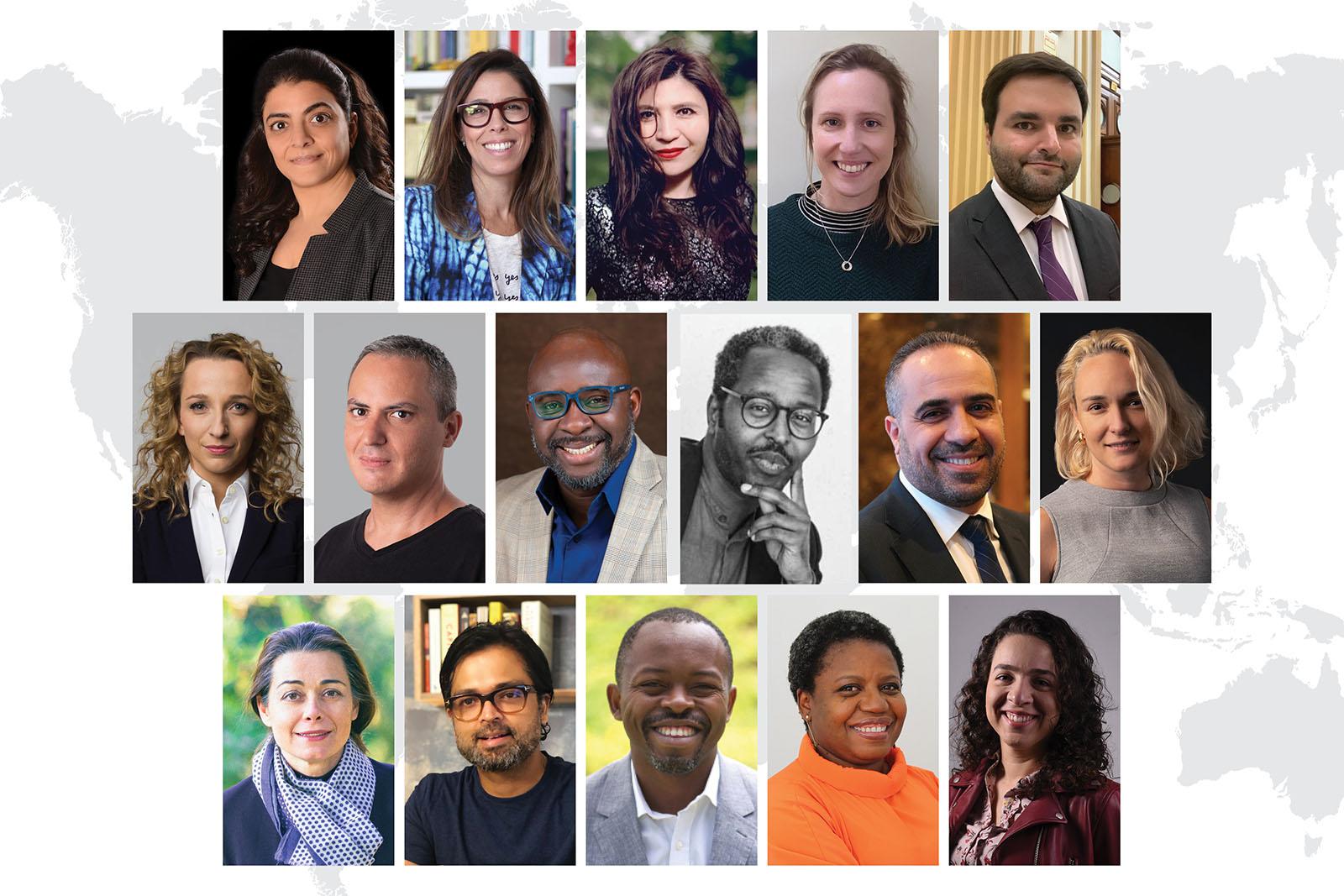Albanian Prime Ministers Stance on Gaza: A Rejection of Controversial Insurance policies
The current feedback made by Albania’s Prime minister relating to the Gaza disaster reveal a powerful stance in opposition to what he describes as detrimental and deceptive narratives proliferated in worldwide discourse. Denouncing the plan labeled as an “ethnic cleaning” by former President Trump, the prime Minister emphasised the significance of selling dialogue and diplomacy over inflammatory rhetoric. He firmly believes that labeling actions as ethnic cleaning undermines the real efforts of countries striving for peace and safety in the area. In gentle of this, he reiterated Albania’s dedication to humanitarian help and constructive engagement geared toward resolving the Israel-Palestine battle.
Highlighting Albania’s place throughout the worldwide group, the Prime Minister articulated a set of rules that information the nation’s overseas coverage regarding the Gaza scenario:
Help for Diplomacy: Advocating for renewed negotiations between events.Humanitarian Assist: Making certain help reaches these affected by the continuing battle.Rejecting extremism: Condemning all types of violence and discrimination.Selling Multilateralism: Working alongside worldwide organizations for collective options.PrinciplesDescriptionSupport for DiplomacyRenewed negotiations geared toward lasting peace.Humanitarian AidAssistance for these impacted by battle.Rejecting Extremismcondemning violence and discrimination.Selling MultilateralismCollaborative efforts for points decision.

The Implications of Ethnic Cleaning Accusations in Worldwide Politics
The current accusations of ethnic cleaning within the context of the Gaza scenario have stirred intense debates in worldwide politics, notably relating to how such claims affect diplomatic relations and worldwide standing. Leaders like Albania’s Prime Minister are more and more cautious of their responses to politically charged narratives, typically labeling sensational accusations as ‘pretend information’ to safeguard their nationwide pursuits and preserve stability inside their areas.This response underscores a rising development the place political leaders are looking for to navigate complicated international narratives that intertwine with nationwide id and exterior strain. As accusations of ethnic cleaning achieve traction,they’ll amplify tensions and place international locations in precarious positions between their home narratives and worldwide expectations.
Furthermore, the implications of those accusations lengthen past quick diplomatic fallout. Worldwide our bodies and human rights organizations could really feel compelled to behave, which might result in sanctions or different types of intervention that additional complicate the geopolitical panorama. International locations that both help or oppose these claims steadily sufficient discover themselves aligned into factions, thus perpetuating a cycle of dissent and hostility. The implications can manifest in numerous kinds,together with:
Elevated scrutiny on human rights data of concerned nations.Shifting alliances as states both rally for or in opposition to accused events.Potential financial repercussions if sanctions are enacted by influential actors.
The interaction of those components influences not simply regional dynamics, but in addition international perceptions of legitimacy and ethical obligation in worldwide affairs.

Understanding Faux Information within the Context of International Conflicts
The phenomenon of pretend information has more and more intertwined with international conflicts, presenting distinctive challenges for political leaders and the media alike.In the current assertion by Albania’s Prime Minister relating to a controversial plan attributed to then-President Trump about Gaza, it illustrates the potential repercussions of misinformation in escalating tensions. The Prime Minister’s dismissal of the narrative suggests a strategic transfer to counter potential unrest and preserve diplomatic ties, which might be considerably affected by the unfold of false data. Misinformation not solely distorts public notion however additionally pressures governments to reply swiftly,steadily sufficient with out the total context or verified info.
Because the digital panorama continues to evolve, the affect of social media and fast data dissemination can’t be overstated. This situation highlights a number of key components surrounding the dissemination of pretend information in the context of conflicts:
manipulation of Public Sentiment: Misinformation can form narratives that gas division and hostility.Accountability: Leaders could face elevated scrutiny from each the general public and opposition events when misinformation spreads.Worldwide Relations: Misguided narratives can complicate diplomatic efforts and result in misunderstandings between nations.
In addressing pretend information, understanding its position in international conflicts is important for fostering constructive dialogue and selling peace initiatives. Sustaining a vigilant method in direction of data sources and selling media literacy can function efficient instruments in opposition to the proliferation of false narratives.

To bolster the integrity of media establishments and improve public confidence, a number of key methods shoudl be adopted by each media organizations and regulators. Firstly, selling transparency in reporting practices is important. This contains clear sourcing of data, offering context, and brazenly correcting errors after they happen. Moreover, media literacy applications coudl be applied, aiming to teach the general public about distinguishing dependable information sources from misinformation. by equipping residents with vital considering expertise, these initiatives would foster a extra knowledgeable citizens able to navigating the complexities of trendy data landscapes.
Furthermore, collaboration between media retailers and fact-checking organizations can considerably scale back the unfold of pretend information. Establishing partnerships that prioritize accuracy and accountability helps media professionals preserve excessive moral requirements.Furthermore, a code of conduct for journalists needs to be promoted to encourage accountability and integrity. Hear are important facets to be thought-about:
Emphasizing moral journalism practicesImplementing rigorous editorial standardsEncouraging various viewpoints
nurturing group engagement can strengthen belief in media. Native information organizations ought to focus on fostering relationships with audiences by interactive platforms, permitting the group’s voice to form reporting. This engagement not solely instills confidence but in addition encourages a extra participatory media panorama.

The Position of Worldwide Leaders in Combatting Disinformation
In right now’s interconnected world, worldwide leaders play a vital position in countering the unfold of disinformation that always clouds international discourse. Amid the controversies surrounding delicate geopolitical points, such because the allegations associated to Gaza, leaders have the likelihood to take a stand by selling transparency and fact-based narratives. Their affect is clear in a number of areas, together with:
Diplomatic Engagement: By fostering open dialogues and boards, leaders can create platforms for factual discussions, minimizing the affect of deceptive narratives.Collaboration with Media: Partnering with credible media organizations to disseminate correct data ensures that the general public receives dependable information free from distortion.Public Consciousness Campaigns: Initiatives designed to teach residents about disinformation strategies can empower people to acknowledge and reject false narratives.
Furthermore, worldwide leaders should acknowledge the necessity for decisive motion in opposition to malicious actors who exploit the digital panorama for propaganda functions. This may be achieved by the implementation of laws geared toward social media corporations, enhancing accountability, and making certain the moral use of know-how. The following desk highlights some efficient methods:
StrategyDescriptionStrengthen Authorized FrameworksDevelop legal guidelines focusing on the unfold of disinformation on-line.Spend money on Reality-CheckingSupport unbiased organizations that confirm information and claims.Promote digital LiteracyEducate the public on figuring out credible sources and misinformation.
By adopting these methods, leaders can considerably contribute to the struggle in opposition to disinformation, fostering a extra knowledgeable international citizenry that’s succesful of navigating the intricacies of trendy data warfare.

Potential Penalties for Albanias Diplomatic Relations Following the Assertion
The current assertion by Albania’s Prime Minister in opposition to the controversial Gaza plan proposed by former President Trump might have vital ramifications for the nation’s diplomatic relations. by labeling the proposal as ‘pretend information’, the Prime Minister not solely distanced Albania from a pivotal geopolitical discourse but in addition positioned the nation in opposition to a backdrop of complicated worldwide sentiments. This stance could result in tensions with allies who share a extra favorable view of the previous U.S. governance’s insurance policies, probably isolating Albania inside sure diplomatic circles.
Furthermore, Albania’s repudiation of the proposal could resonate otherwise throughout numerous areas. It would strengthen ties with Center Japanese nations and humanitarian organizations vital of perceived aggression in battle zones,fostering new avenues for collaboration. Nevertheless,it additionally dangers alienating Western allies who may even see this as a deviation from conventional diplomatic norms. The evolving scenario requires cautious navigation as Albania balances its historic partnerships with a dedication to human rights and worldwide humanitarian regulation.
The Conclusion
the current statements from Albania’s Prime Minister relating to the controversial feedback made by former President donald Trump shed gentle on the complicated interaction of worldwide relations and regional sensitivities surrounding the Gaza disaster. By categorically rejecting Trump’s characterization of occasions in Gaza as “ethnic cleaning,” Prime Minister Edi Rama emphasizes Albania’s dedication to balanced diplomacy and the pursuit of peace in the area. Because the world grapples with the ongoing humanitarian challenges in Gaza, the responses of worldwide leaders will undoubtedly form the narrative and coverage approaches transferring ahead. This episode underscores the significance of verifying data and fostering dialogues that prioritize human rights and justice, particularly in occasions of battle. As developments proceed to unfold, the worldwide group stays watchful for additional implications of such statements and their potential affect on the broader geopolitical panorama.
Source link : https://europ.info/2025/02/24/albania-2/fake-news-albania-pm-snubs-trump-gaza-ethnic-cleansing-plan-the-new-arab-2/
Writer : Samuel Brown
Publish date : 2025-02-24 07:44:00
Copyright for syndicated content material belongs to the linked Source.


